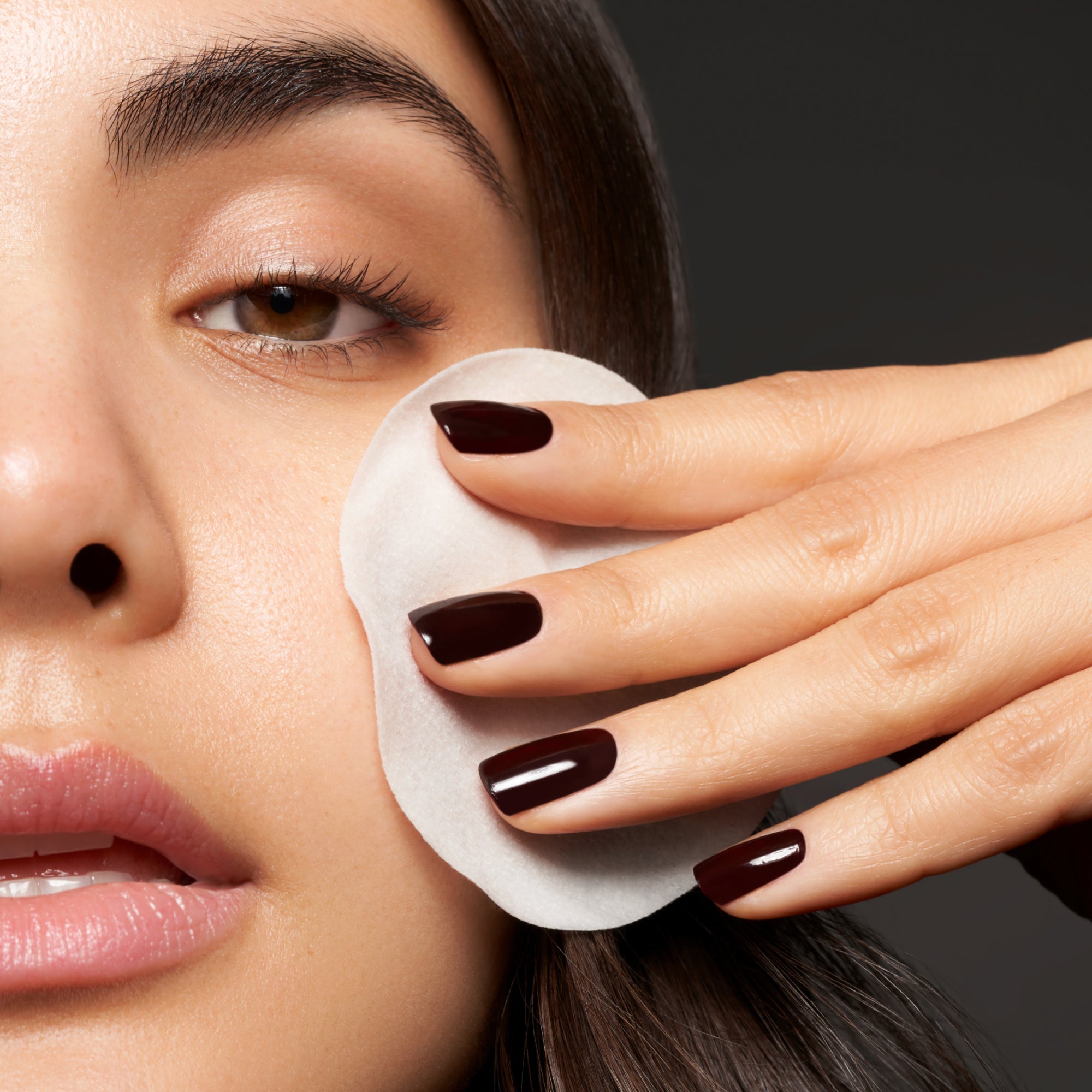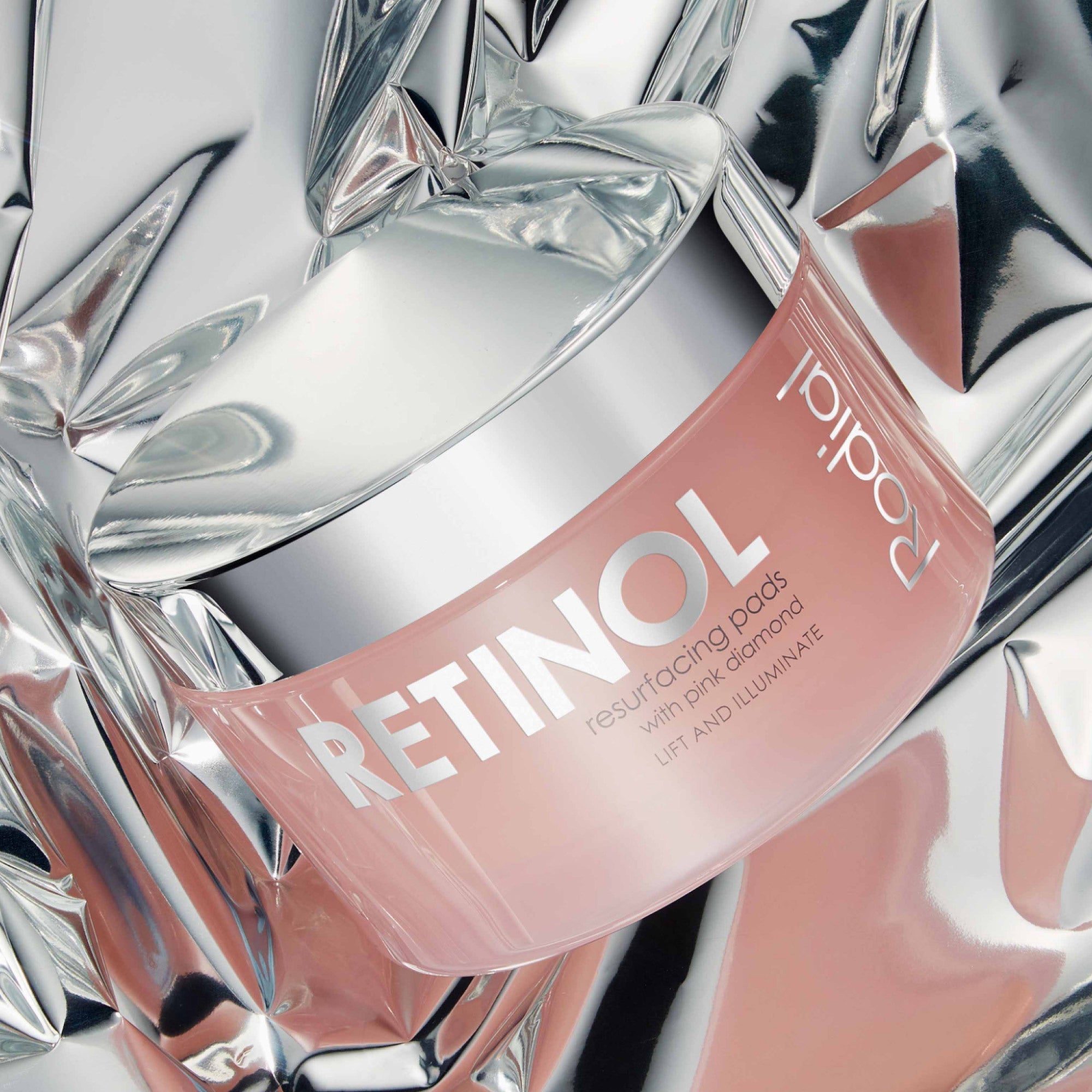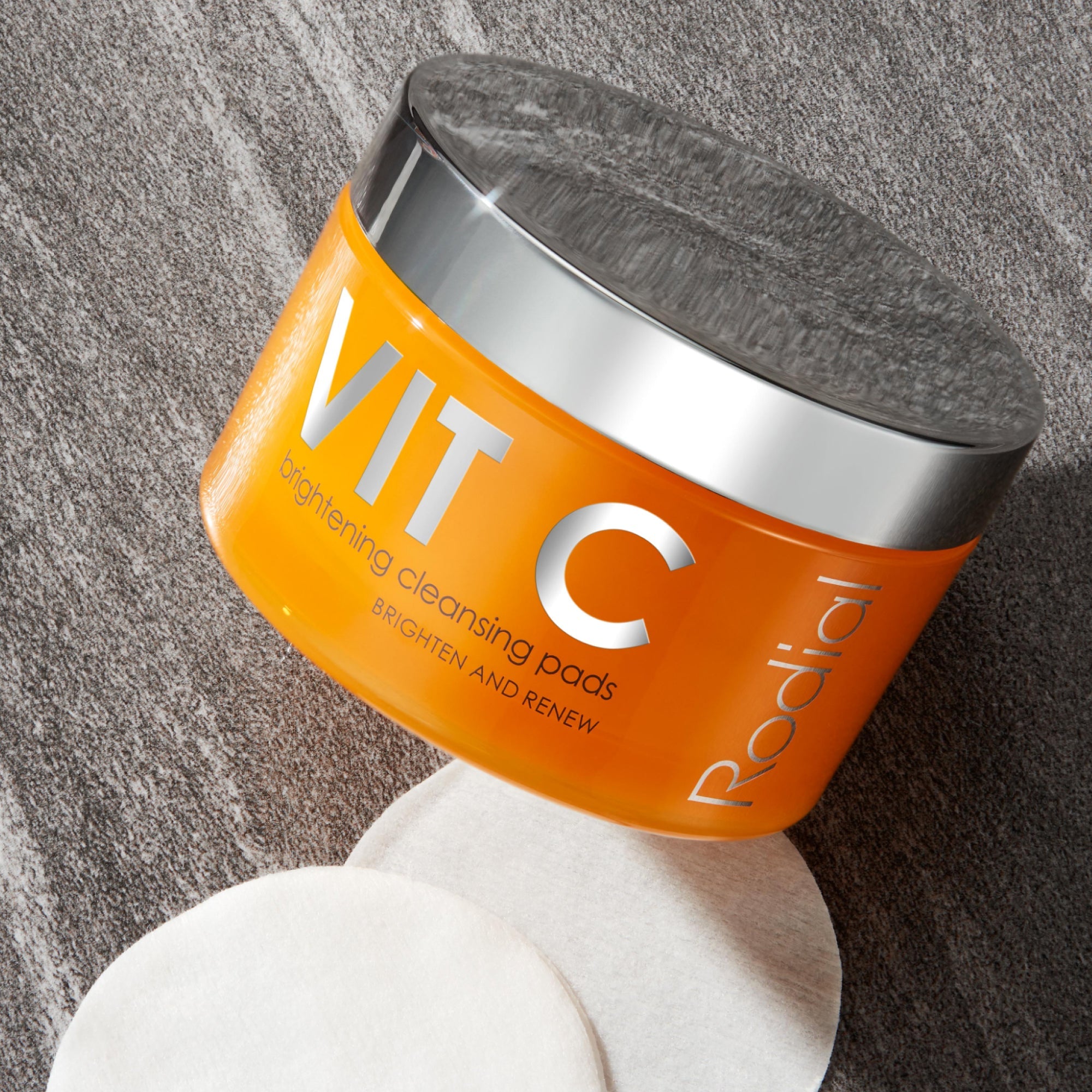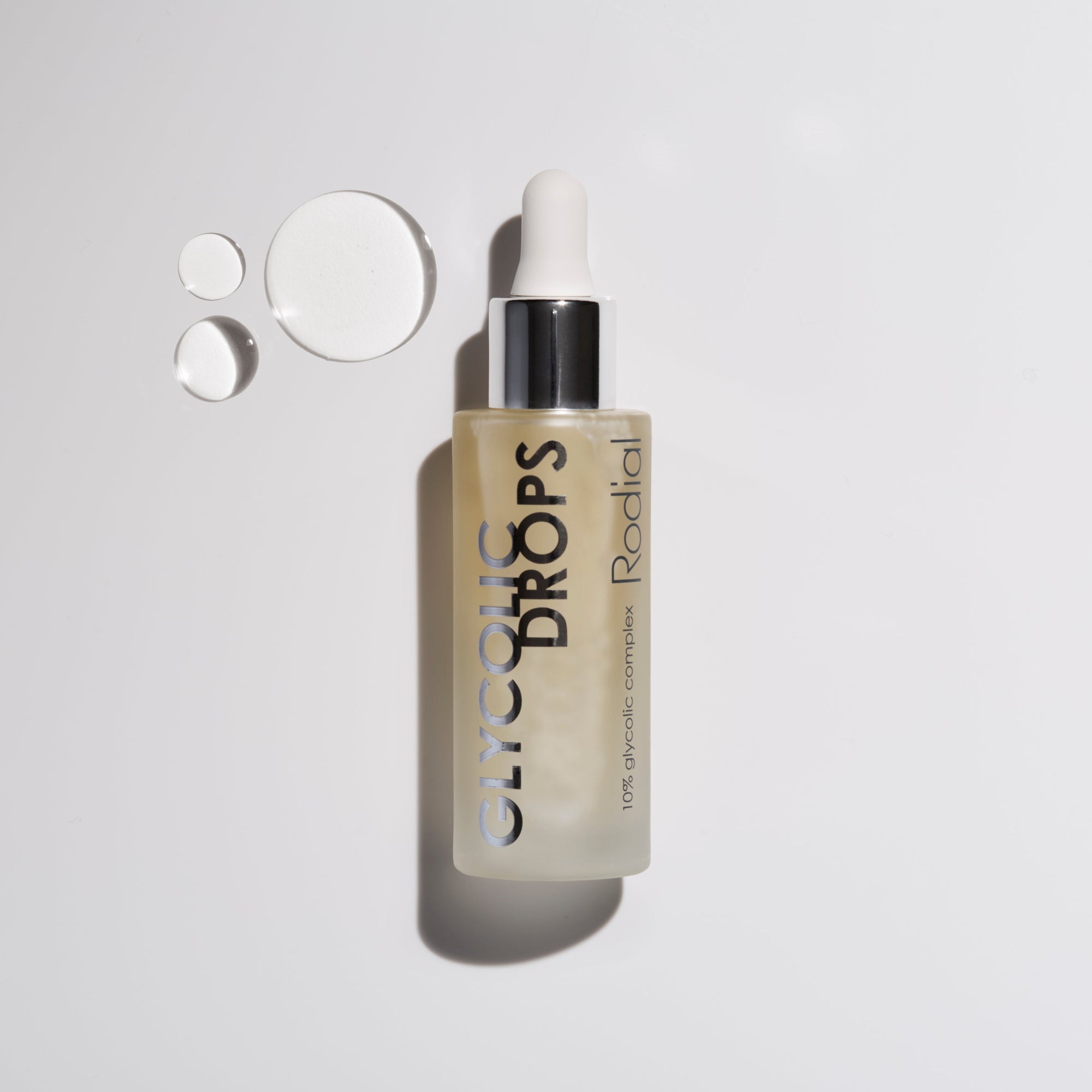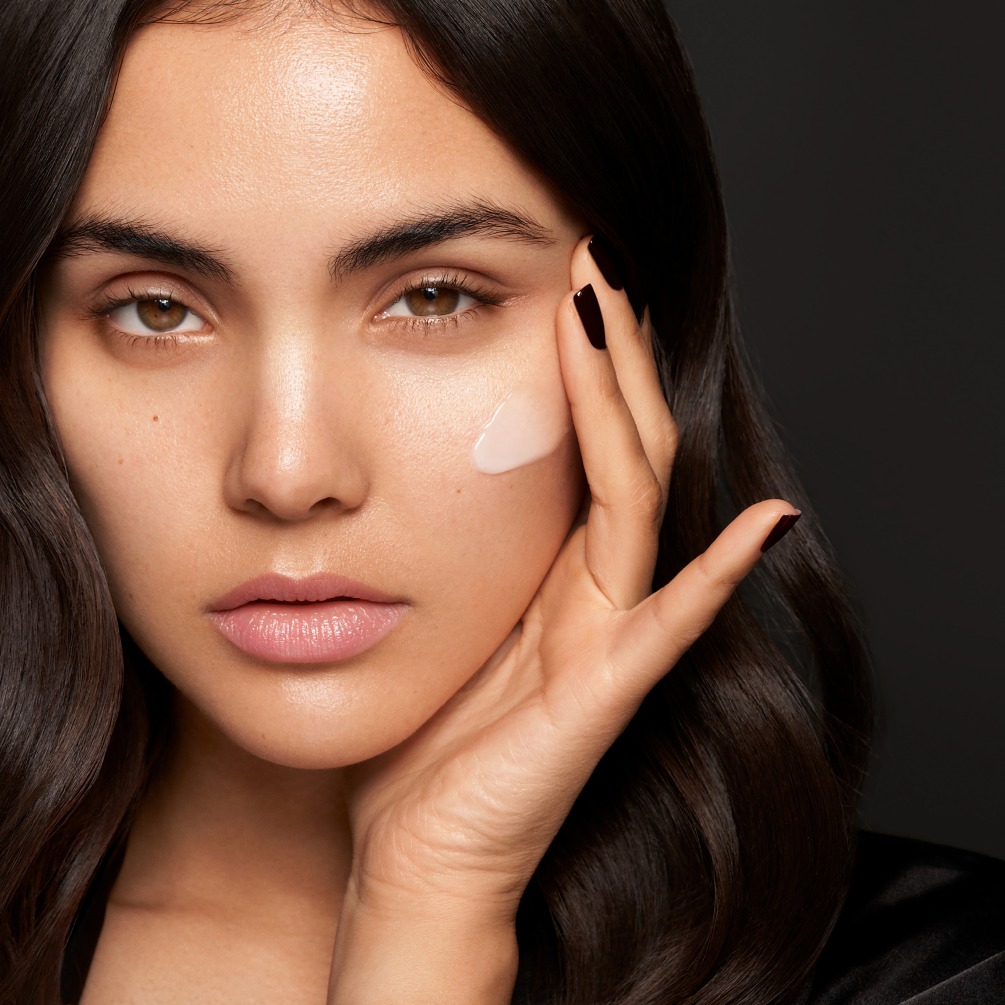At Rodial, we’re passionate about helping you achieve radiant, healthy-looking skin — and one essential step we always recommend is Exfoliation . You’ve probably heard the term “glowing skin” countless times in the skincare world, but you might wonder: how do you actually get that glow?
The answer lies in removing the buildup of dead skin cells. Without regular exfoliation, skin can appear dull, rough, and uneven. In this guide, we’ll explain what exfoliation does, the difference between physical and chemical exfoliators, how to choose the right product for your skin type, and how to incorporate exfoliation into your routine safely for maximum results.
What Does an Exfoliator Do?

Exfoliators remove dead skin cells from the surface of your skin, revealing the fresh, radiant skin underneath. This can be done either by physically buffing the skin with scrubs or tools, or by chemically breaking down dead cells with exfoliating acids.
Our skin naturally renews itself, but if dead skin isn’t removed effectively, it can lead to dullness, clogged pores, breakouts, and uneven texture.
Regular exfoliation also stimulates collagen production, helping to keep skin firm, plump, and youthful. Plus, it allows hydrating and nourishing products to absorb better.
Physical vs. Chemical Exfoliators
There are two main types of exfoliators:
1. Physical Exfoliators
These use small particles or textured tools to manually slough off dead skin. Scrubs, brushes, or cloths work well for those with non-sensitive, rough, or bumpy skin, particularly on the body. [Explore here]
2. Chemical Exfoliators
These use gentle acids — like AHAs (alpha hydroxy acids) and BHAs (beta hydroxy acids) — to dissolve the bonds holding dead cells together.
- AHAs (e.g., glycolic, lactic) work at the surface level to brighten and smooth. [Explore Here]
- BHAs (e.g., salicylic acid) penetrate deeper into pores to remove oil and impurities, making them ideal for oily or acne-prone skin. [Explore Here]
Chemical exfoliants tend to be gentler and more effective for sensitive skin and can deliver longer-lasting results.
How to Choose the Right Exfoliator
The best exfoliator depends on your skin type:
- Sensitive or dry skin: Opt for a low-strength chemical exfoliant with AHAs or BHAs.
- Oily or acne-prone skin: A BHA-based exfoliator can help unclog pores and control oil.
- Normal or resilient skin: You can try either physical or chemical exfoliants, depending on your preference.
For the face, dermatologists generally recommend chemical exfoliation to avoid micro-tears that physical scrubs may cause. For the body, physical exfoliators like scrubs and brushes can effectively smooth rough areas.
How Often Should You Exfoliate?
If you’re new to exfoliating, start slowly:
- Chemical exfoliants: Begin with 1–2 times per week, gradually increasing to 3–4 times a week if your skin tolerates it. Some low-level formulas can even be used daily.
- Physical exfoliants: Use once a week, ideally in the shower, where warm steam helps soften the skin.
Always follow product instructions and watch for signs of over-exfoliation, such as redness, dryness, or stinging. [Explore Here]
Should You Exfoliate in the Morning or at Night?
Morning is a good time for physical exfoliation since your skin has regenerated overnight. However, chemical exfoliators can make skin more sensitive to the sun, so they’re usually better suited for evening use.
The Benefits of Exfoliating

- Brightens and smooths the skin
- Boosts collagen production for firmer skin
- Helps skincare products absorb better
- Clears clogged pores and reduces breakouts
- Creates a perfect base for makeup application
Rodial’s Best Exfoliating Products
We’ve formulated a collection of effective, skin-friendly exfoliators to suit every skin type and concern:
Everyday Brightening
Vit C Brightening Cleansing Pads
Exfoliating pads infused with glycolic, lactic acids, and vitamin C to resurface and brighten. Perfect for daily use.
Gentle Daily Cleanser
Vit C Brightening Cleanser
A refreshing gel with AHAs and vitamin C for mild, everyday exfoliation.
For Oily or Acne-Prone Skin
Salicylic Acid Cleanser
BHA-powered to penetrate pores, control oil, and smooth skin texture.
For a Physical Exfoliation
Vit C Papaya Enzyme Scrub
A blend of perlite, jojoba beads, and antioxidants to manually slough away dead skin for a polished complexion.
For Dry or Mature Skin
Bee Venom Cleansing Balm
A nourishing balm with BHA and vitamin C to gently exfoliate while hydrating and firming.
For an Intensive Treatment
Vit C & Retinol Pads 5-Day Peel Kit
Brighten in the morning with vitamin C pads and renew at night with retinol pads for a full skin reset.
Ready to Reveal Your Glow?
Explore our full range of Rodial exfoliators and find the perfect product to transform your skincare routine.
[Shop Now]
Rodial’s Retinol 101: What It Is, Why Your Skin Needs It, and How to Use It
Retinol is skincare’s gold-standard ingredient for reducing wrinkles, fading dark spots, and improving texture. Learn how this Vitamin A derivative works, why night time use is best, and how to introduce it to your routine safely.
Understanding Blocked Pores & Hormonal Acne
Blocked pores and hormonal acne are rooted in excess oil, dead skin build-up, and hormone-driven breakouts. Discover how to identify them and how targeted skincare—like salicylic acid, non-comedogenic products, and dermatology treatments—can help you reveal clearer, calmer skin.
The Ultimate Guide to Glycolic Acid & Its Skin-Loving Benefits
Looking for brighter, smoother, more radiant skin? Glycolic acid is the ultimate glow-getting ingredient, gently exfoliating to reveal a fresher, more even complexion. In this guide, we explain what glycolic acid is, how it works, and why it deserves a place in your skincare routine
